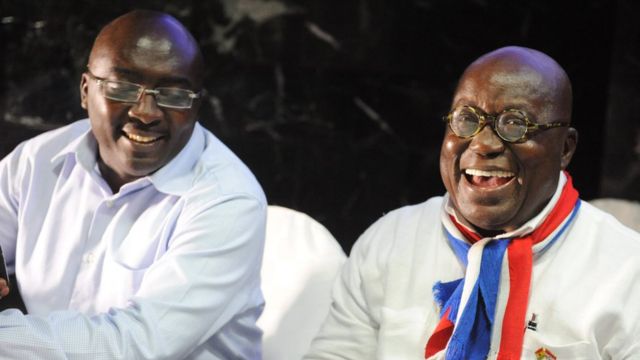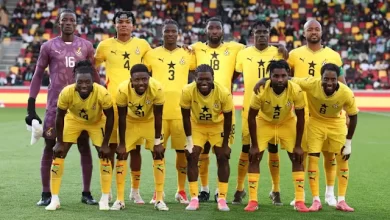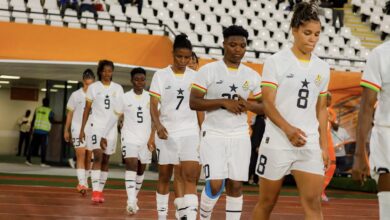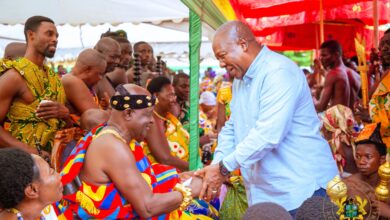
Ghana finds itself grappling with governance challenges under the leadership of the New Patriotic Party, headed by Nana Addo Dankwa Akufo-Ado, where adherence to principles of good governance, discipline, and respect for the law have dwindled. The pervasive corruption among government officials is severely hindering the country’s progress and development.
Recent reports highlight Ghana’s stagnant position in the Corruption Perceptions Index, ranking 70th out of 180 countries, with a score of 43 out of 100, a figure unchanged since 2020. This period marks the New Patriotic Party’s tenure as one of the most corrupt governments in the political history of the fourth republic, marked by a campaign riddled with allegations of corruption.
Critics argue that the administration has failed to meet the expectations of Ghanaians, particularly in managing corruption within the country’s institutions. The government’s lackluster performance has exacerbated economic challenges, contributing to a ballooning debt portfolio and mismanagement of resources.
The aftermath of global crises, such as the coronavirus pandemic and the Russia-Ukraine conflict, has further strained Ghana’s fragile economy. Despite these external factors, opposition parties, notably the National Democratic Congress (NDC), contend that the root cause of Ghana’s economic woes lies in internal mismanagement rather than solely external shocks.
Public discontent has grown, fueled by high inflation rates, soaring living costs, and frequent strikes by various labor unions. Calls for the resignation of the president and his cabinet have intensified, with minority political parties joining the chorus of criticism.
A November 2018 JoyNews poll reflects widespread dissatisfaction with President Akufo-Ado’s governance, with 56% of respondents expressing discontent with his performance.
The upcoming 2024 election, with Dr. Mahamadu Bawumia emerging as the New Patriotic Party’s candidate, underscores the widespread disillusionment with the party’s leadership and its ability to address the country’s pressing challenges.
Ghana’s political economy remains strained, characterized by corruption, human rights abuses, and severe economic hardships. Despite some improvements in 2023 following macroeconomic crises, the country continues to face significant challenges, including high inflation, sluggish growth, and mounting debt.
To address these issues, the government has initiated comprehensive debt restructuring and fiscal consolidation measures, supported by an IMF Extended Credit Facility program. However, economic growth remains weak, projected at 2.8% in 2024, with the fiscal deficit expected to decline to 5% of GDP.
Looking ahead, Ghana aims to rebound to a growth rate of 5% by 2026 through sustained reforms aimed at promoting private sector development and attracting foreign investment. However, the journey to economic recovery remains arduous, with poverty levels expected to persist until substantial progress is made in addressing underlying structural challenges.
Story By: AYM Kukah




